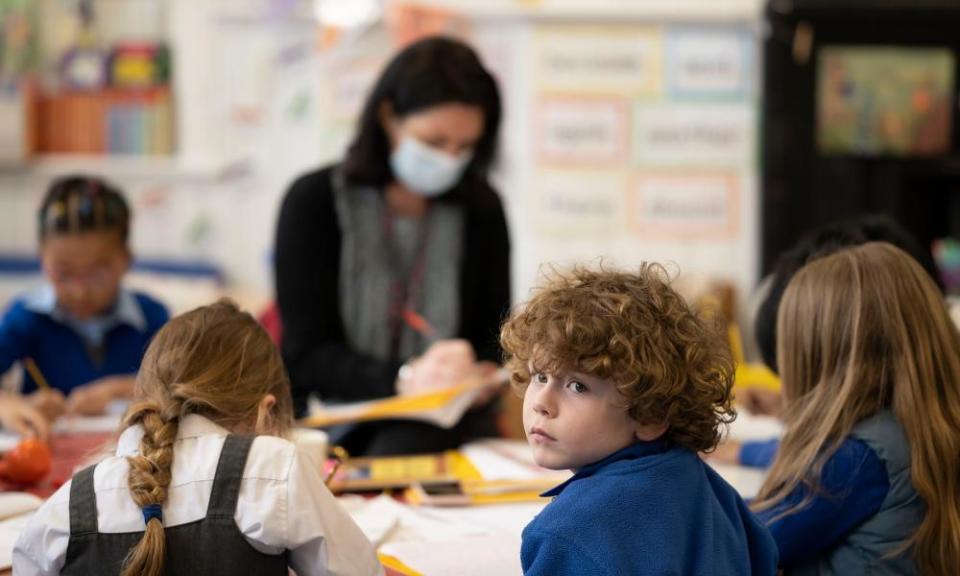Ideas to help children learn and thrive

The closing of schools during the pandemic has highlighted their significance in children’s lives. For deprived and underachieving children in particular, school is their gateway to engagement and participation in society and in the community. For many children, it is their first experience of feeling safe, noticed and respected. Teachers who understand the factors affecting children’s engagement can make an enormous difference to their capacity to engage in the task, tolerate “not knowing” and accept support. The behaviour of these children is often a communication about their frustration and sense of inadequacy. Now is a time when teachers need enhanced awareness of these issues to enable them to respond to the learning needs of the child. We need more open discussion about the factors affecting children’s behaviour and learning.
Dr Heather Geddes
Education psychotherapist, Teddington, London
• Dr Cary Bazalgette’s letter (26 February) referenced CSE Mode 3 examinations. These school-based qualifications, externally moderated, took students beyond the arcane, annual lottery and memory-based exam game, to a far more thoughtful and relevant assessment of students’ familiarity with an area of study. Above all, it enabled teachers to create exciting areas of study, unconfined by traditional subject labels.
Frustratingly, I have found that the rigid constraints of the current exam system have asphyxiated this creativity and, in doing so, removed areas of learning from the timetable, such as community development. It is evident that society will need citizens able to think beyond single silos of learning in a much broader problem-solving way, and enabling schools to create new areas of learning may well be the outcome of the current situation.
Laurie Rosenberg
Woodford Green, London

 Yahoo Finance
Yahoo Finance 